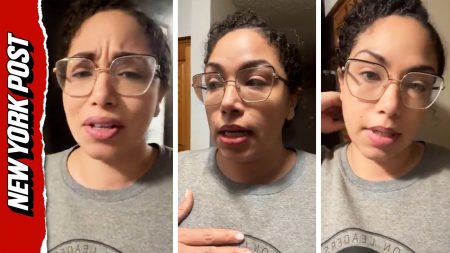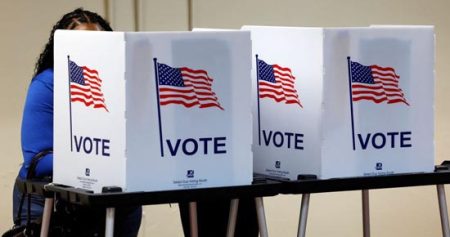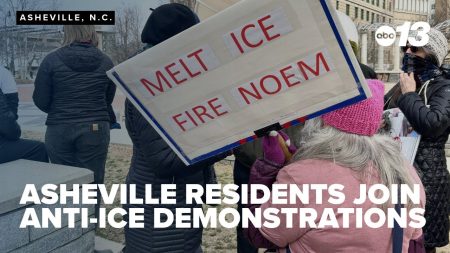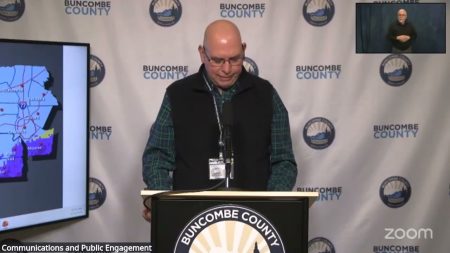The National Fight for Reparations
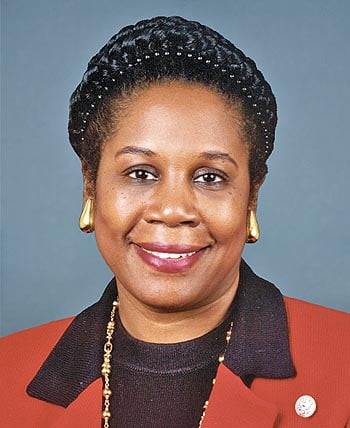
Slavery was national policy, and it remains a national crisis.
On Wednesday, April 14, 2021, the House Judiciary approved H.R. 40, a reparations bill written more than 30 years ago. The bill, which will form a commission to study the possibility of federal reparations, now heads to the House floor.
Despite growing excitement about the bill, its passage isn’t guaranteed. The word “reparations” scares a lot of people, including members of Congress, because they don’t understand what it is. They think reparations is about cutting a check, when it’s really about repairing and uplifting communities that have suffered for centuries.
Reparations can mean fixing a policing system that disproportionately profiles, arrests, and kills Black people; reforming an incarceration system that has disproportionately put Black people behind bars; addressing discrimination in housing that prevents Black people from qualifying for home loans or exposes them to predatory lenders; and yes, actual financial compensation.
Reparations isn’t what we should fear. The real nightmare are the wrongs that continue to take place. Our elected leaders need to begin the work needed to address the disparities in education, housing, insurance, employment, and healthcare.
White supremacy is still going strong. Many Americans never imagined they would see a mob of white supremacists waving Confederate flags and violently storming the Capitol.
But most Black people know all too well that these actions aren’t anomalies.
Following the abolition of slavery, several U.S cities and states rushed to enforce white supremacy and racial segregation, passing laws limiting the rights of African Americans.
Slavery may have ended, but organized racial terror and the dehumanization of Black people in the U.S. never took a break. Groups such as the KKK and deputized white mobs are causing trauma and damage that authorities have not done enough to prevent or account for.
U.S. intelligence agencies have warned that white violent extremists are plotting attacks on civilians and the government. An internal FBI report shows that white supremacists are joining police and military forces with plans for violence.
The passage of H.R 40 is essential, as the full impact of creating laws and policies that forced hundreds of thousands of Africans to be enslaved in the U.S., is a human rights violation that has never been examined, accounted for, or assessed at a national level.
The late Congressman John Conyers first introduced H.R 40 more than 30 years ago, shortly after the passage of the Civil Liberties Act of 1988, which granted reparations, including cash payments, to Japanese-Americans who were incarcerated and forcibly relocated during World War II.
Congresswoman Sheila Jackson Lee, the bill’s current sponsor, said the bill would allow the country to finally confront “the stark social disparities occurring in the African American community today and provide solutions.”
It makes no sense to fear a world with reparations for Black Americans when we’ve already seen how terrifying the world is without it. Ta-Nehisi Coates writes, “An America that asks what it owes its most vulnerable citizens is improved and humane. An America that looks away is ignoring not just the sins of the past but the sins of the present and the certain sins of the future.”
H.R. 40: Commission to Study and Develop Reparation Proposals for African Americans Act
To address the fundamental injustice, cruelty, brutality, and inhumanity of slavery in the United States and the 13 American colonies between 1619 and 1865 and to establish a commission to study and consider a national apology and proposal for reparations for the institution of slavery, its subsequent de jure and de facto racial and economic discrimination against African Americans, and the impact of these forces on living African Americans, to make recommendations to the Congress on appropriate remedies, and for other purposes.


